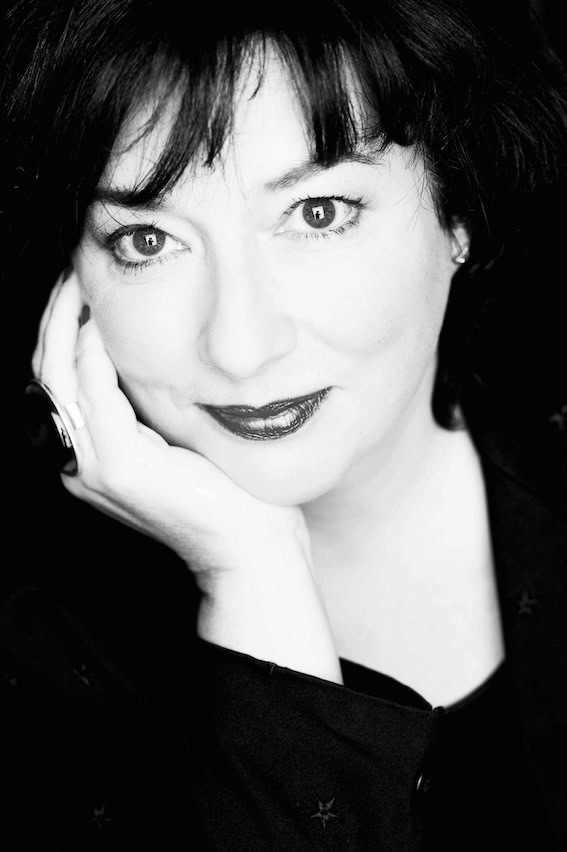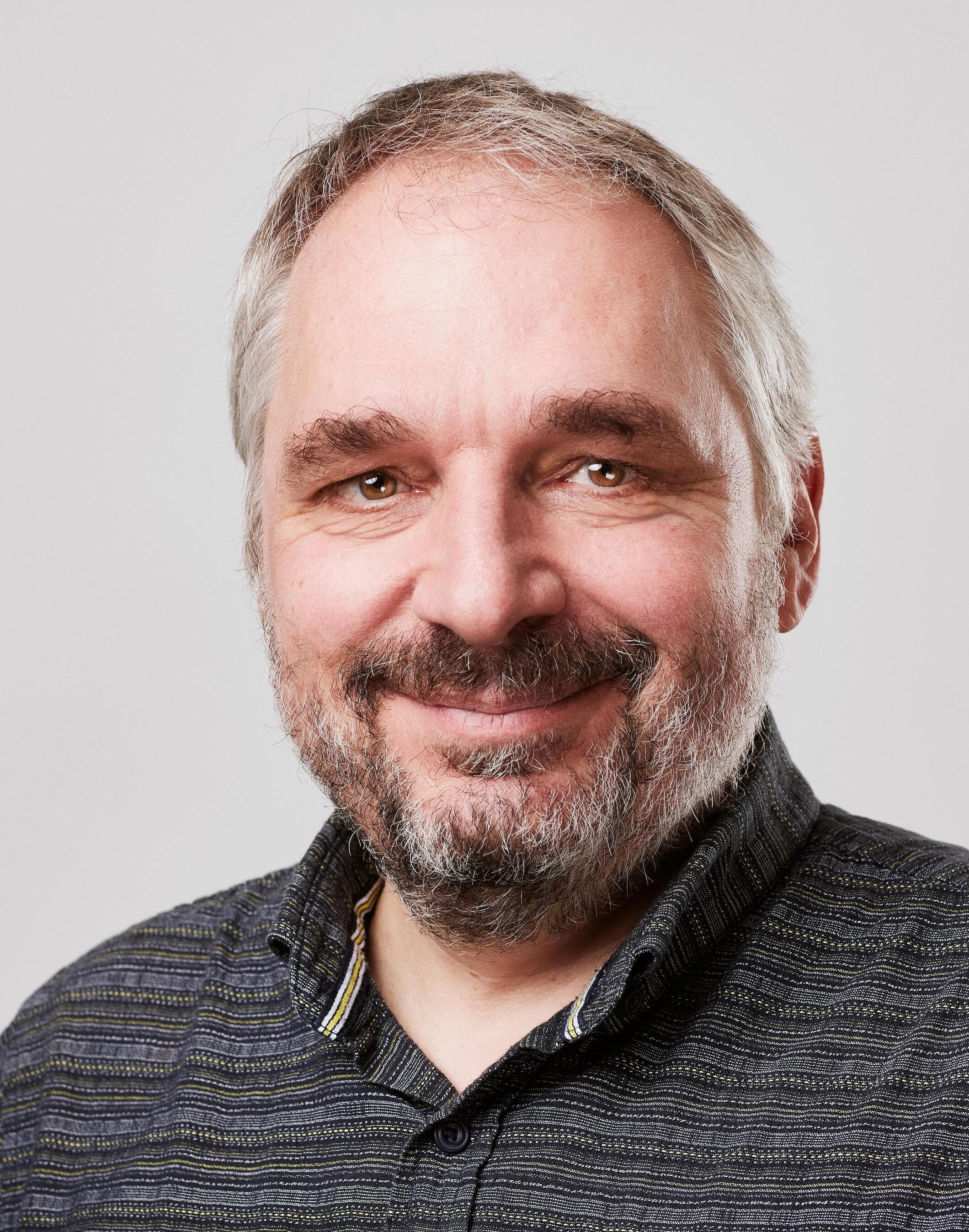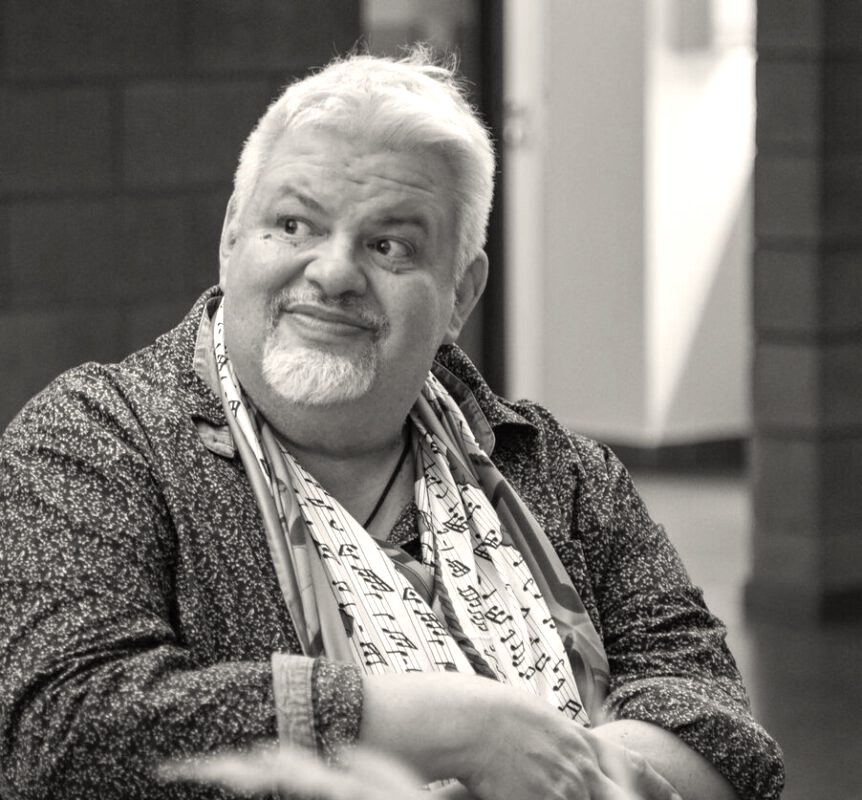When Elvira Lüthi-Wegmann made a generous bequest to the SMPV so that it could set up a foundation to support young singers in Switzerland, she had no idea that a Bologna reform would put an end to SMPV professional studies. She decreed that prizes could only be awarded to students of SMPV teachers. Today, we are at least allowed to admit singers who are already SMPV members themselves. However, this often excludes students on performance courses because fewer and fewer university professors are joining the SMPV, which means they unfortunately cannot send their students to the competition and because you have to have a Master's degree in education to join the SMPV and only students on the Master's degree course in education can be accepted as student members.
Perhaps it is due to this smaller group of people being able to take part in the competition at all that the two juries felt that the standard of the competition was clearly lower than in previous editions. As a result, no first prize was even awarded! However, it may also be due to the fact that, by chance, no outstanding talent such as the great Chelsea Zurflüh (winner 2021) or the highly talented Evan Gray (winner 2023) entered.
A special feature of the 2025 competition was that there were two juries, because the SMPV Schaffhausen section donated a special prize in the form of a concert and Thomas Weiss, President of the SMPV Schaffhausen, together with the pianist, Jean-Charles Reber, and the singer, Daniela David, traveled to Schaffhausen as the second jury.
The main jury, chaired by myself, consisted of the Foundation Board members Dr. Lena-Lisa Wüstendörfer and Dr. Bernhard Hunziker, the Opera Director of the Lucerne Theatre, Dr. Ursula Benzing, and the Deputy Director of the Zurich International Opera Studio, Thomas Barthel.
It is pleasing, but also surprising, that the assessments of both juries largely coincided.
I talk to Thomas Weiss (Thomas) and Thomas Barthel (Tom) about Elvirissima 2025:
Dear Thomas, dear Tom, what are your impressions of Elvirissima 2025?
Tom Barthel: Unfortunately, I wasn't there in 2023, but I can clearly say that the technical level in 2025 was significantly lower than in 2021. Many struggled with intonation problems, the basis of the technique was missing, and the breath control didn't work.
So you felt the same way? I was very disappointed this time. For nine out of seventeen candidates, one of the things I wrote on my evaluation forms was "Intonation is not optional!"
Thomas Weiss: I also found that the technical basics were lacking. However, almost everyone was very committed as actors and covered up the technical deficiencies with show effects - but very charmingly. As a non-participant in the audience, if I hadn't been listening so closely, I would have found many things "quite nice".
Thomas BarthelYes, it was generally a weak vintage. I wonder if this is due to the coronavirus pandemic. These singers started their studies five years ago or were in their first semesters. Maybe that's why they lack the stability of a serious basic education.
Thomas Weiss: I noticed an excessive nervousness and tenseness in many of them, which manifested itself, for example, in auxiliary postures with the hands. And somehow the joy of singing was missing.
Exactly, that's almost what bothered me the most. I asked some candidates during the feedback: "Do you actually like singing?"
Thomas Barthel: The development is wrong. We are reaching an impasse in which showmanship is more important than technical basics, naturalness and artistic spontaneity. This requires clear guidance from the lecturers to lead them out of this impasse!
Tom, you hear a lot of singers from all nations at the auditions for the IOS (International Opera Studio, Zurich Opera House; editor's note). Do you notice this problem mainly among young Swiss singers, or is it an international problem?
Tom Barthel: Unfortunately an international one.
What advice would you give to young singers and their trainers?
Tom Barthel: You need to work on the basics better. We need secure intonation, clear vowels and a clean vocal balance. And then I wish them more patience! Today, everyone wants to be successful and firmly committed by the age of 22 to 24, even if they don't have the basics. This is a very unhealthy development.
What do you think about the choice of program and subject? In the feedback round, I asked some of them about the fact that it is unwise to offer arias from different subjects for a competition, and I noticed that they have an astonishingly poor knowledge of literature and know little about vocal subjects.
Tom Barthel: At a competition or when auditioning for an agency or a house, you present yourself clearly with one subject, even if you are trying out different subjects in your development and training. The decisive factor here is not whether you can manage an aria, but whether your voice comes across the orchestra at the loudest part of the part to which this aria belongs.
Now we have criticized a lot, but it wasn't all bad; we found five winners, and although the qualitative differences between the singers were smaller than in other years, both juries came to very similar decisions independently of each other. Thomas, how did you choose?
Thomas Weiss: It was clear to us that we wanted two different vocal ranges for the concert, otherwise we might have chosen the two mezzi who won second prize in the main competition. Then, of course, expression was very important to us. And the two voices had to go well together.
Tom Barthel: What is there is the basic vocal material and the volume, even if this is often generated by pressure. And the genuine musical expression also determined who we awarded the prizes to, didn't it?
Exactly, musicality and expression were decisive. Thank you for this interview!
And that is our wish for the potential candidates of Elvirissima 2027: work on the technical basics, find out about vocal subjects, listen to lots of fellow professionals, get to know wonderful music and be inspired without copying it. After all, the technical basics are only the means to an end of conveying the musical expression in order to be able to touch the audience (and sometimes a jury) with it.

From left to right: Elena Dietrich, Ambra Biaggi, Aline Brechbühl, Albina Asadullina and Valérie Fleur Ryser
© klangworker.ch
Winners Elvirissima 2025
Even if the jury was not entirely happy with the standard of Elvirissima 2025 and we did not award a first prize, this should in no way diminish the success of our five winners. They truly deserved the prizes we awarded them:
Ambra Biaggi (mezzo-soprano, 2nd prize ex aequo) impressed the jury with her presence, expressiveness and stylistic confidence, while the jury praised her mezzo-soprano colleague, Elena Dietrich (2nd prize ex aequo), for her energy, courage to achieve great dynamic differentiation and great expressive will. Aline Brechbühl, soprano (3rd prize), impressed the jury with her beautiful, warm timbre, expressiveness and radiant high notes. Valérie Fleur Ryser (soprano, 4th prize ex aequo) scored with her interpretation of Gounod's Juliette aria "Je veux vivre" and with her fervent singing and Albina Asadullina (soprano, 4th prize ex aequo) with her sweet sound and heartfelt expression.
The special prize of the Schaffhausen section in the form of a duo recital in Schaffhausen went to Elena Dietrich and Albina Asadullina.
Congratulations!














